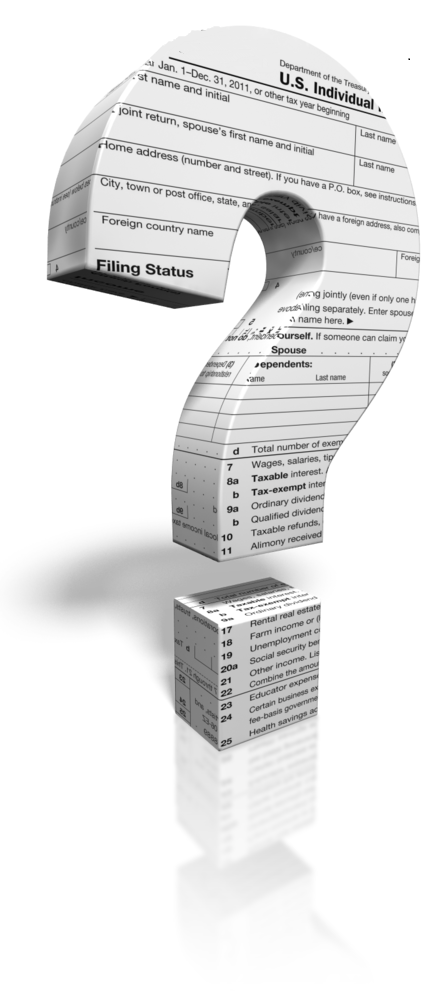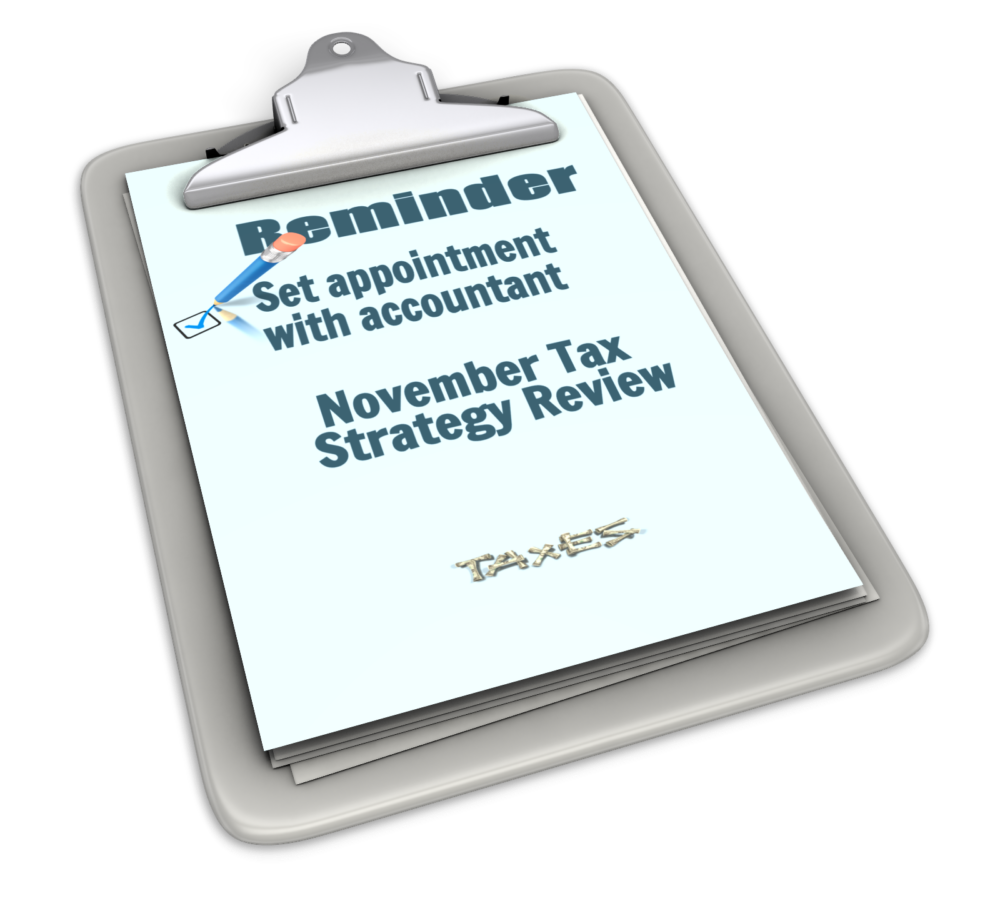With the new tax changes that began this year, you may have a lot of questions about how these changes will affect you. Here are some things you may want to look at as you review your 2018 tax strategy: 
* The tax brackets have changed so you will need to determine which tax bracket you are in to help decide a strategy.
* Check your withholdings to make sure they are correct and make adjustments as needed.
* This could be a good time to reduce your taxes by increasing contributions to your 401k or Health Savings Account (HSA) to the annual limit.
* You will still have to pay a penalty for not having health insurance in 2018. The penalty is either $695 per adult or 2.5% of your total household income. The maximum for individuals is $3,264 and for a family of 5 or more, the maximum is $16,320. This penalty is eliminated in 2019.
* Retirees may want to know if their social security will be taxed. It will depend on your income. To find out if your Social Security is taxable, you can calculate your combined income by taking ½ of your total Social Security benefits and add “all” of your other income (including nontaxable interest, dividends, pension, etc.). The IRS refers to this as your combined income. If your combined income is more than $25,000 for single filers and $32,000 for filers married filing joint, you may pay taxes on up to 50% of your Social Security benefits. If your combined income is more than $44,000, you may pay taxes on up to 85% of your Social Security benefits.
* Unlike the Federal government, Social Security benefits are completely tax free in most states. To find out your states retirement tax guide, visit the state-by-state guide on taxes.
This is a great time to review your tax plan and make any adjustments that are needed. For assistance and more tax planning tips contact our office at (866) 497-9761 to schedule an appointment with our advisors.
.png?width=120&height=77&name=Summit-Virtual-CFO_color_rgb%20(1).png)














